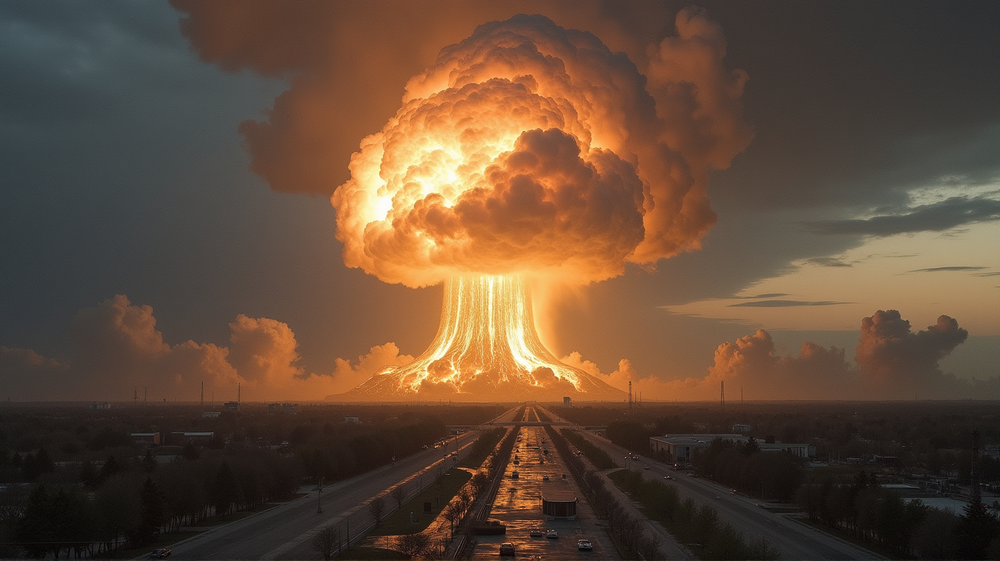The inception of the Atomic Age is a captivating tale of human ingenuity and its daunting repercussions. Garrett M. Graff’s book, “The Devil Reached Toward the Sky: An Oral History of the Making and Unleashing of the Atomic Bomb,” brilliantly encapsulates this pivotal moment with a rich tapestry of voices that lend depth to this remarkable period.
Diverse Narratives Emerging from the Shadows of History
The strength of Graff’s work lies in its vast collection of diverse narratives. He artfully brings into the spotlight voices that have long been overshadowed in the historical narrative of the atomic bomb. From scientists who contributed to the Manhattan Project to those who felt the bomb’s impact firsthand, Graff’s oral history unravels new layers to a story that feels both familiar and astonishingly fresh.
The Race Against Time and the Unseen Heroes
Set against the race to outpace Nazi Germany in nuclear development, Graff takes readers on an insightful journey to key locations such as Los Alamos, New Mexico, and Oak Ridge, Tennessee. These pivotal sites, once secretive powerhouses of innovation, now emerge in his narrative as bustling hubs of relentless scientific endeavor and personal struggles.
Acknowledging Overlooked Histories
Graff doesn’t shy away from confronting the uncomfortable truths of history. His exploration includes critical examinations of how segregation affected life at Oak Ridge, illuminating a facet of the Manhattan Project rarely discussed. His dedication to presenting a holistic view of these historical events is a testament to his thorough research and storytelling prowess.
Capturing the Aftermath: A Tapestry of Survival and Reflections
The book’s most poignant sections dwell in its final chapters, focusing on the aftermath of the Hiroshima and Nagasaki bombings. Graff enlists the survivor’s voices, weaving their harrowing accounts into an unflinching portrayal of destruction and resilience. Their expressions, like that of Capt. Robert A. Lewis, co-pilot of the Enola Gay, resonate powerfully, leaving readers to ponder the haunting question: “My God, what have we done?”
A Timeless Addition to Atomic Histories
By enriching the historical account with voices previously silenced, Graff offers a meaningful expansion of the narrative laid by predecessors like Richard Rhodes and even cinematic portrayals by directors like Christopher Nolan. As stated in Powell River Peak, “The Devil Reached Toward the Sky” doesn’t just recount history—it challenges our understanding of one of humanity’s most defining moments.
In this compelling reflection on the dawn of nuclear power, Graff’s book stands as both a historical repository and a reminder of the tangible impacts of scientific discovery. It invites us to listen and learn from those who witnessed one of history’s most explosive chapters.
As Powell River Peak admirably highlights, Graff’s chronicle captures the intricate balance of ambition and consequence, making this book a must-read for those fascinated by the saga of human innovation and its enduring legacies.












